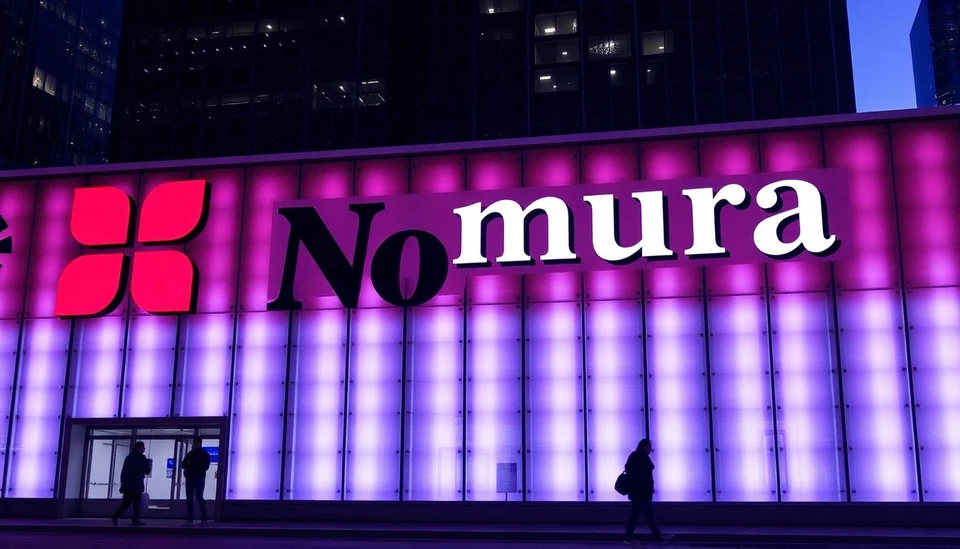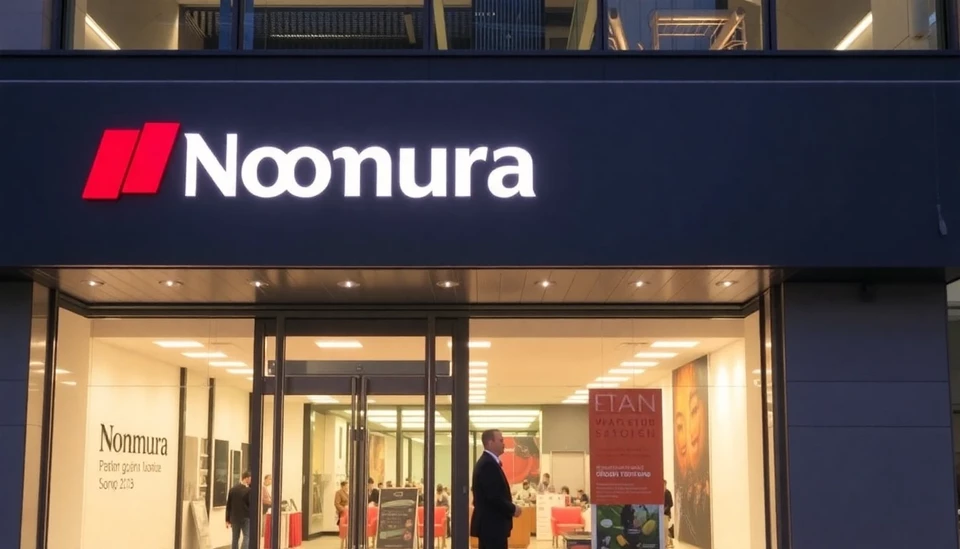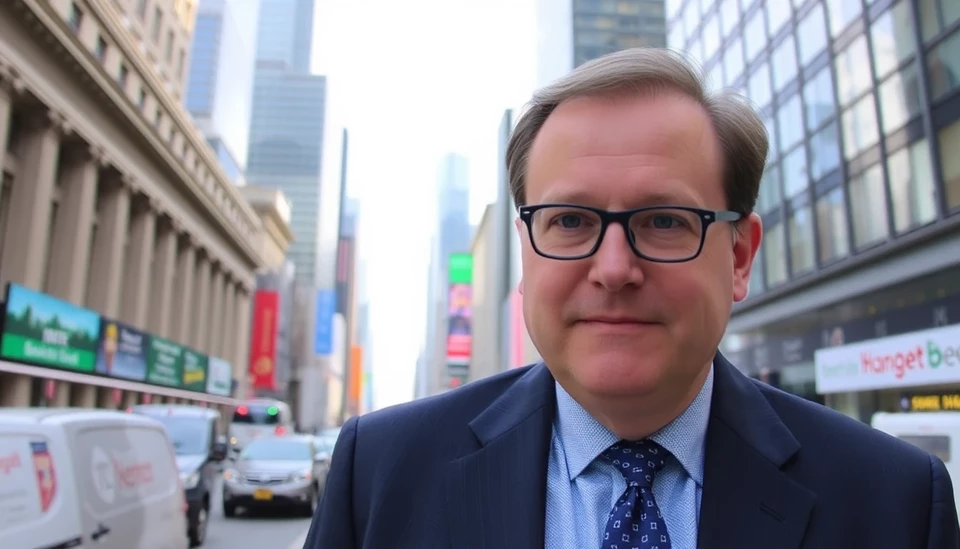
In a significant shake-up within the asset management industry, Nomura Asset Management has announced the strategic merger of a staggering $1 trillion worth of underperforming funds. This bold initiative aims to streamline operations, enhance performance, and restore investor confidence in the company's offerings. The decision comes in response to growing pressure from clients and stakeholders for improved results and accountability.
This massive merger, which is expected to take place over the next few months, encompasses various investment vehicles and portfolios that have consistently lagged behind benchmarks and competitor performance. By consolidating these assets, Nomura aims to leverage its resources more effectively and revamp the management structures overseeing these funds.
The asset management landscape has witnessed an increasing trend of fund consolidations as firms adapt to a low-return environment and heightened regulatory challenges. Analysts suggest that Nomura's move could set a precedent for other asset managers facing similar challenges. By merging these underperforming assets, Nomura seeks not only to cut management costs but also to reallocate capital towards more promising investment opportunities.
Nomura’s management emphasized that this merger is part of a broader strategy to reposition the firm as a leader in asset management. With the financial industry undergoing a seismic shift, full of technological advancements and changing investor preferences, consolidating poorly performing funds might provide a fresh start for many investors disenchanted by stagnant returns.
Furthermore, Nomura plans to introduce a new performance monitoring framework post-merger. This framework will focus on thorough analysis and evaluation of the consolidated funds, ensuring that stakeholders are kept informed about their investments’ prospects. The firm believes that transparency will be key in rebuilding trust and ensuring a loyal clientele moving forward.
Market reactions to this announcement have varied, with some investors expressing cautious optimism about the potential for improved returns. Others, however, remain skeptical, questioning whether merging underperforming assets can genuinely lead to meaningful changes in performance metrics. The continued scrutiny of asset management firms’ performance will play a critical role in determining the success of Nomura's ambitious plans.
As part of the merger, Nomura is also set to enhance its focus on sustainability and responsible investing, reflecting a growing trend among investors who prioritize environmental, social, and governance (ESG) factors. This pivot is expected to resonate well with a younger generation of investors increasingly concerned about the impact of their financial decisions.
In summary, the upcoming merger of $1 trillion in underperforming funds represents a pivotal moment for Nomura Asset Management as it seeks to revitalize its portfolio and improve investor confidence. As the firm braces for implementation, market observers will be closely watching how this strategy unfolds and whether it can deliver the results stakeholders are eagerly anticipating.
Nomura’s initiative marks an essential step in redefining asset management strategies in an era where performance and accountability are more crucial than ever. By taking decisive action now, the firm aims to position itself favorably in a rapidly evolving landscape and regain its footing after years of facing challenges.
Stay tuned for more updates as this situation develops and as Nomura attempts to navigate the complex waters of asset management reform.
#Nomura #AssetManagement #MergingFunds #FinancialNews #InvestmentStrategy #MarketTrends #ESGInvesting #InvestorConfidence
Author: Victoria Adams




